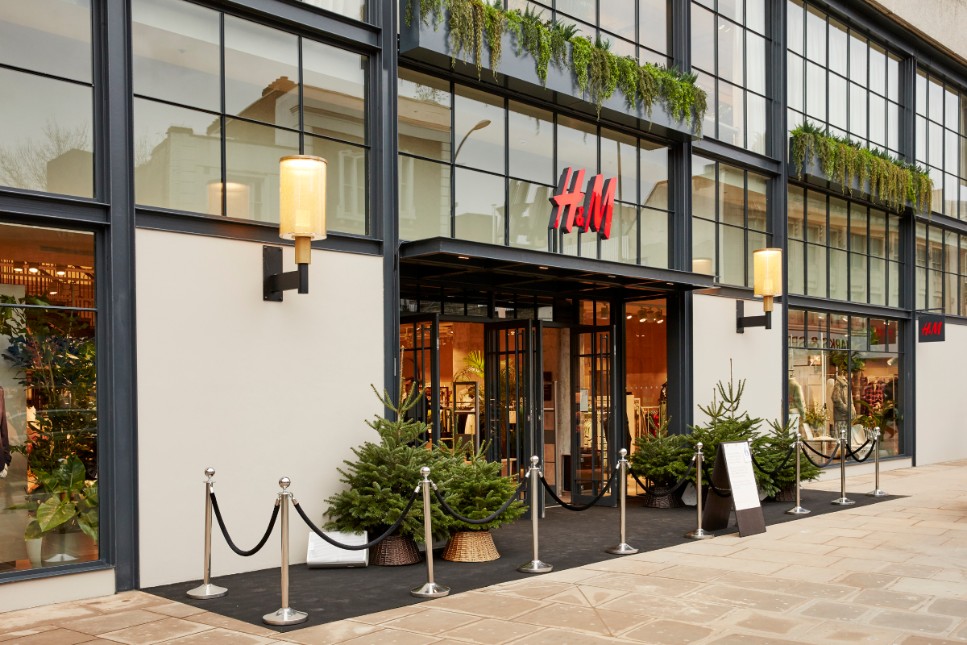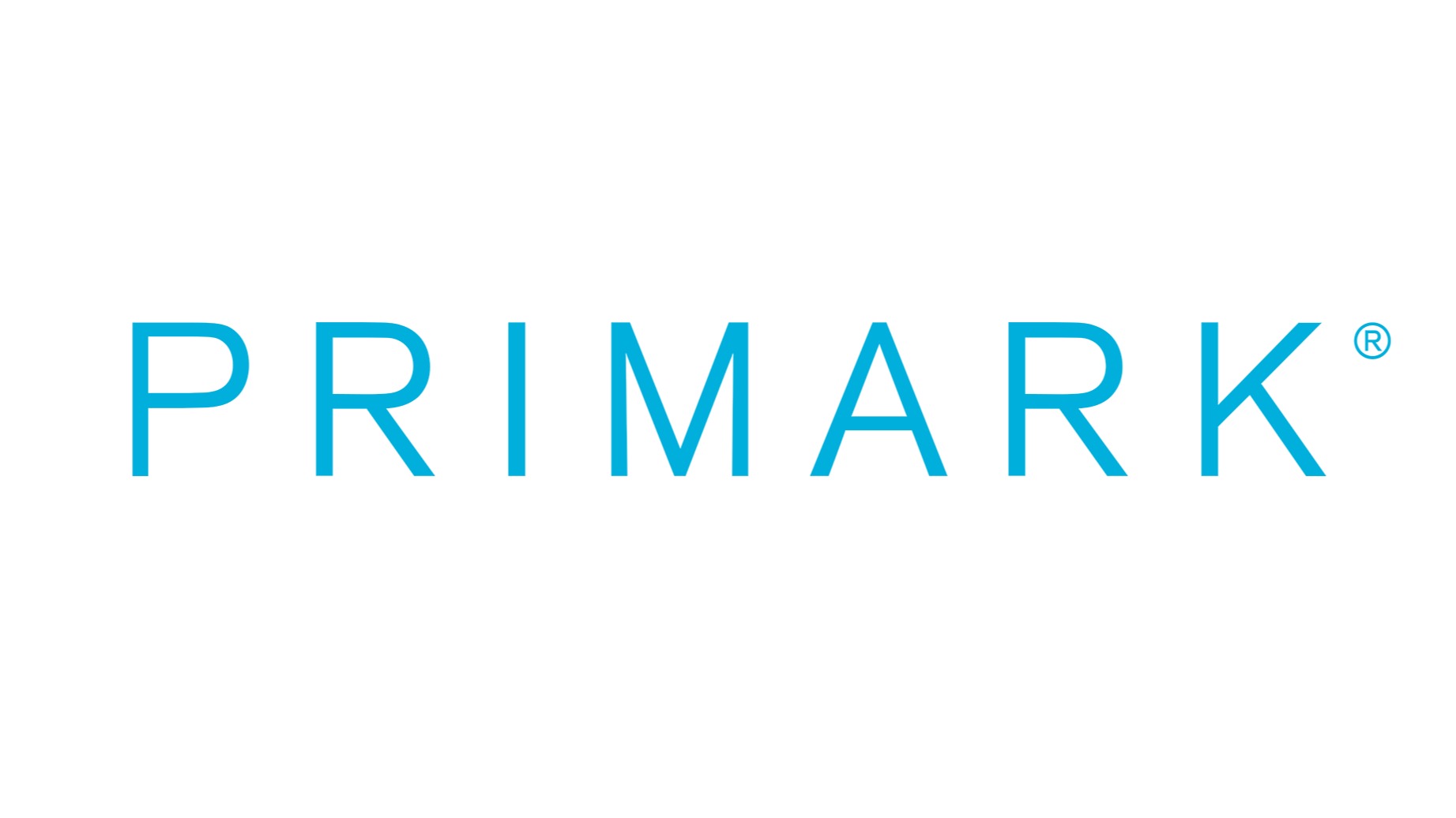Food inflation increased to record levels last month, jumping from 16.7 per cent in January to 18 per cent.
The latest ONS Consumer Price Index figures show that food has the second highest level of inflation across all categories, behind only housing, water, electric, and gas which was recorded at 26.6 per cent in February.
“Food and non-alcoholic beverages prices are running at record levels – up 18.2 per cent year on year – the highest observed for over 45 years,” said Kevin Bright, partner at McKinsey. “This is eating into a significant proportion of disposable income.”
Bright said that a large proportion of price rises are being driven by products that contain grains, eggs, oil, and certain proteins, in part because retailers are rationing items, which can keep prices higher for longer.
Helen Dickinson, chief executive of the British Retail Consortium said that the high price of animal feed and fertiliser has driven up the price of many staples, while the weaker pound made importing products, including vegetables from Continental Europe, more expensive.
“While inflation is expected subside later this year, prices are likely to remain elevated as the higher costs throughout supply chains become baked in," added the chief executive.
Clothing and footwear also saw inflation increase from 6.2 per cent to 8.1 per cent during the same period.
Furniture and household equipment saw prices decrease marginally – with inflation down from 9.2 per cent to 8.7 per cent.
Latest News
-
B&Q launches standalone store format to pursue £1bn TradePoint ambition
-
Consumer confidence in the British economy increases, says BRC
-
British coffee chain Black Sheep scouts IT partner to fuel expansion plans
-
Macy’s rolls out ad server and mediation tech to boost media network
-
Tesco to trial new crime reporting platform across 40 stores
-
Lyft rolls out new payment system for European taxi app Freenow
Beyond Channels: Redefining retail with Unified Commerce
This Retail Systems fireside chat with Nikki Baird, Vice President, Strategy & Product at Aptos will explore how unified commerce strategies enable retailers to tear down these barriers and unlock new levels of operational agility and customer satisfaction.
The future of self-checkout: Building a system that works for consumers and retailers
In this webinar, industry leaders discussed what the future of self-checkout looks like and how retailers can make the technology work for everyone.
© 2024 Perspective Publishing Privacy & Cookies










Recent Stories